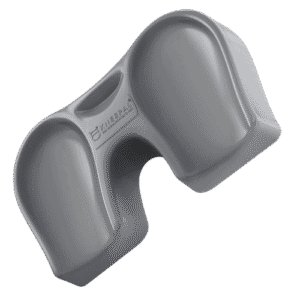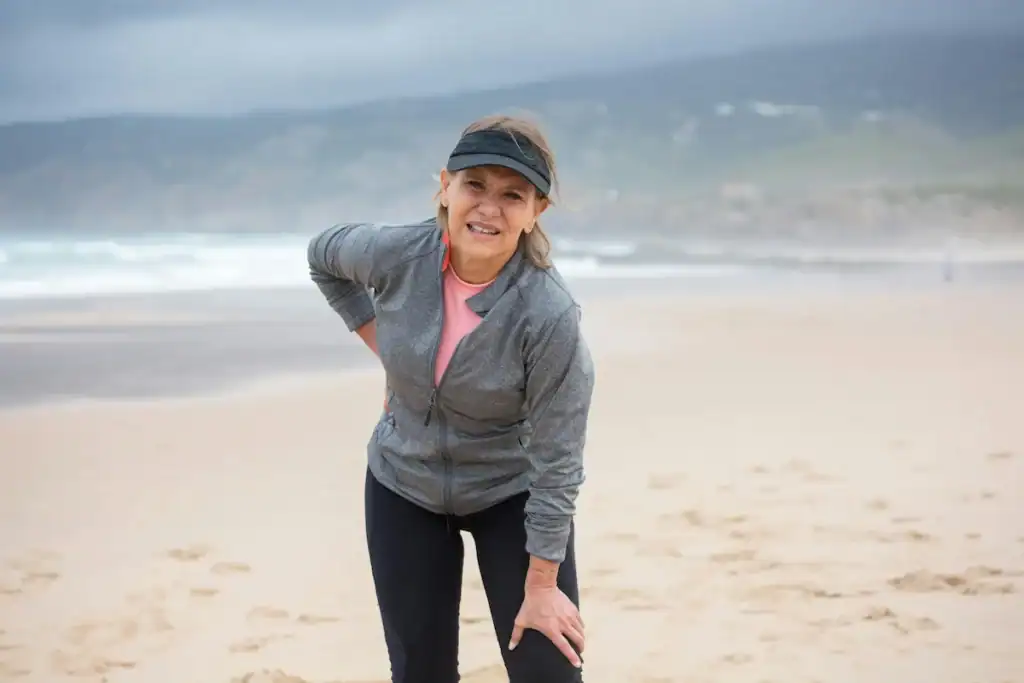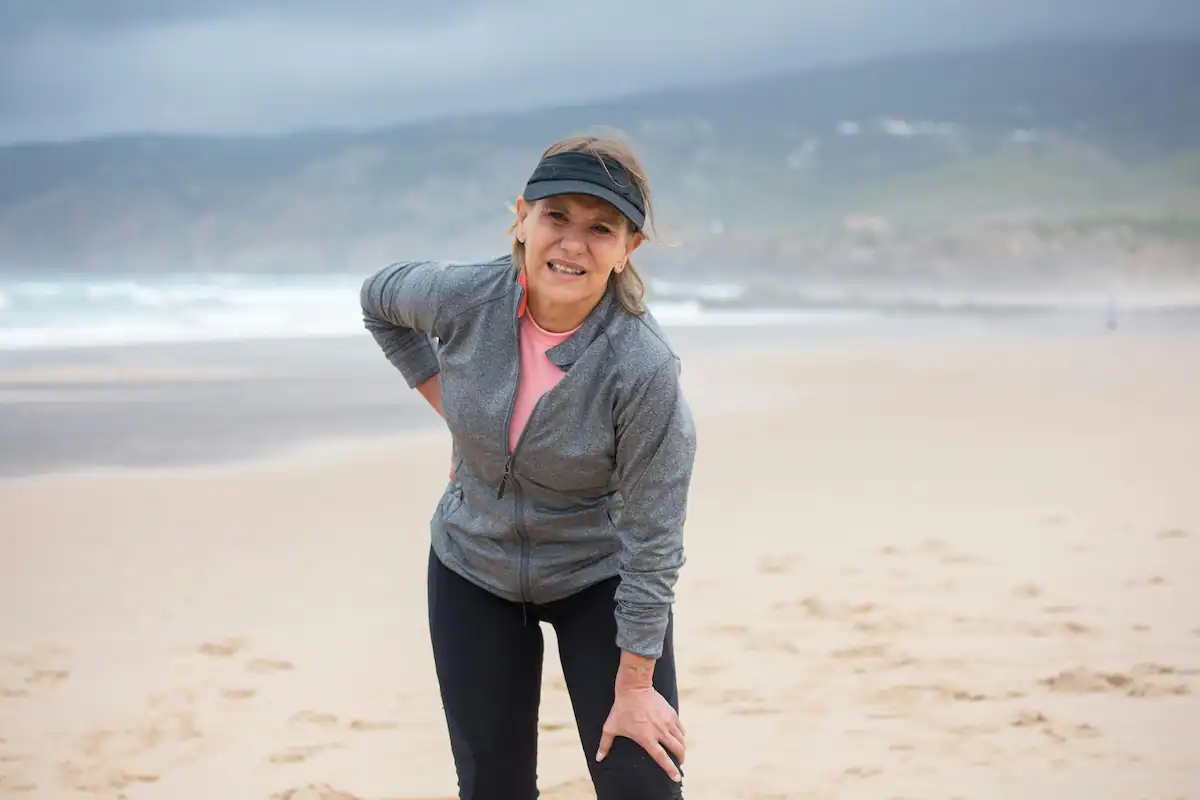5 Signs You Need a Doctor for That Sore Knee
Knee pain has a way of creeping up on you — whether you’re training for a marathon, chasing toddlers, or just knelt too long sorting laundry. Most of the time, it’s nothing to worry about. A bit of rest, ice, and elevation can work wonders.
But some types of knee pain are your body’s way of waving a red flag. Knowing when to see a doctor could mean the difference between quick recovery and long-term issues.
Here are 5 signs it’s time to stop guessing — and book that appointment
1. You Can’t Put Weight on It
If your knee gives out when you try to stand or you’re limping from the pain, don’t brush it off. Inability to bear weight could indicate a torn ligament, serious sprain, or even a fracture. This needs medical attention — fast.
2. It’s Swollen and Warm to the Touch
A little swelling is common. But if your knee balloons up quickly or feels hot, red, and tender, it might be more than a minor strain. These symptoms could signal inflammation, fluid buildup, or even an infection — which can be serious.
3. You Heard a Pop or Snap
That sudden “pop” sound isn’t just dramatic — it often means something’s torn inside, like an ACL or meniscus. These injuries don’t heal well on their own and may require targeted rehab or even surgery.
4. When that Knee Has Been Been Hurting for Weeks
If the pain hasn’t improved after a couple of weeks — or is getting worse — it’s time to act. Chronic or worsening pain can point to cartilage damage, joint degeneration, or arthritis. The earlier you get it assessed, the better.
5. If that Kneel Locks, Clicks, or Grinds
If your knee locks up, clicks loudly, or feels like it’s grinding, that could be a sign of mechanical issues like meniscus tears or joint surface problems. These often won’t resolve without intervention.
Who Should You See About Knee Pain?
Knowing you need help is only half the battle — the next step is choosing the right professional.
👩⚕️ GP (General Practitioner)
Your first port of call in the UK. They’ll assess your symptoms, order tests if needed, and refer you to a specialist.
🧑⚕️ Physiotherapist
For mild to moderate pain, physios are brilliant. They can diagnose movement issues, design rehab plans, and help prevent future injury. You can often self-refer privately.
🦴 Orthopaedic Surgeon
Recommended if there’s suspected ligament, cartilage, or bone damage. Don’t worry — they don’t rush to surgery. Many use non-invasive options first.
🩺 Rheumatologist
Specialises in chronic, autoimmune, or inflammatory issues like arthritis, lupus, and gout — especially when other joints are affected too.
3 Smart Ways to Prevent Knee Trouble Before It Starts
Want to stay ahead of the pain? Here are three simple (and natural!) ways to protect your knees, especially if you’re often kneeling or on the move:
🌿 1. Use a Thick Memory Foam Kneeling Pad – like our Kneepal

Originally designed for gardeners and yoga lovers, these extra-thick pads are ideal for indoor use too — think nappy changes, bath time, or cleaning chores.
- High-density memory foam that cushions knees
- Non-slip base for added safety
- Lightweight and portable for any room or task
🦵 2. Try Compression Knee Sleeves
For ongoing discomfort or added support, compression sleeves improve circulation, reduce inflammation, and help stabilize the joint.
- Mild joint pain
- Posture support during chores
- Injury prevention while working or exercising
🤔 3. Lastly – Sip on Turmeric & Ginger Anti-Inflammatory Tea
Why it works:
- Turmeric contains curcumin — a natural anti-inflammatory
- Ginger boosts circulation and soothes stiffness
How to make it:
- Boil 2 cups of water
- Add 1 tsp grated ginger + 1 tsp turmeric (powder or root)
- Simmer 10 minutes, strain, add lemon or honey to taste
Drink once or twice daily — especially after kneeling or long activity sessions.
📝 Bonus Tips for Happy Knees
- Stretch daily — focus on hips, quads, and hamstrings
- Apply a warm compress after kneeling or long walks
- Add Epsom salt to baths to ease joint tension and soreness
In Summary…
Your knees carry you through life. Whether you’re gardening, chasing kids, or just staying active — give them the care they deserve. If something doesn’t feel right, listen to your body and take action early. Prevention, support, and smart treatment go a long way.










